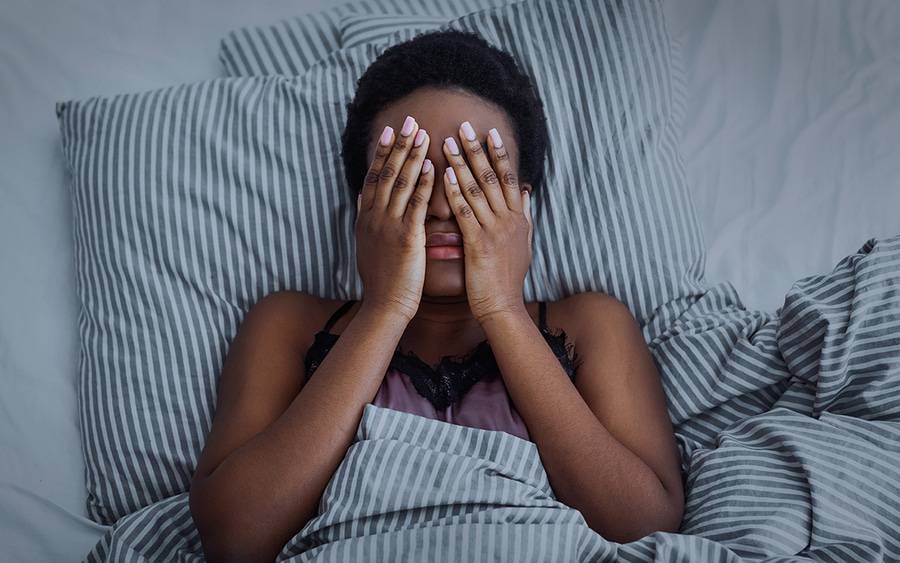8 Tips to Beat Insomnia and Get You Sleeping Again
Difficulty falling or staying asleep can lead to health problems

Difficulty falling or staying asleep can lead to health problems
Are you having trouble with insomnia? While everyone doesn’t need the same amount of sleep, most adults need between seven to nine hours of shut eye per night. As you get older, you may get tired earlier and wake up earlier, but you still need the same amount of sleep.
“Sleep is essential for your physical and mental well-being,” says Michael Pham, DO, an internal medicine physician at Scripps Coastal Medical Center Carlsbad. “Adequate sleep helps restore your energy, boost your mood, lower your blood pressure and produce hormones that help build muscle, repair cells and tissue, fight infection and control appetite.”
Remember that if you sleep better, you’ll feel better. Untreated insomnia can lead to significant health issues, including obesity, diabetes, high blood pressure, heart disease and issues with memory.
8 bedtime tips for better rest
Talk to your doctor if you’re regularly having trouble sleeping. Sometimes, all it takes is making some simple changes to your lifestyle and daily habits to halt those sleepless nights and help your body get the rest you need.
1. Limit caffeine
Caffeine is a stimulant and can stay in your system for up to eight hours. Limit yourself to one caffeinated drink early in the day.
2. Avoid alcohol and nicotine
Alcohol can disrupt your sleep at night. Avoid alcohol for at least four hours before going to sleep and limit the amount you consume. The more a person drinks before bed, the stronger the disruption of sleep during the night.
Nicotine is a stimulant that can also interfere with your sleep.
3. Get regular exercise
“Not being active enough during the day can make it harder for you to sleep at night, regular exercise can help you sleep better,” says Dr. Pham.
Aim to finish your workout about three to four hours before you go to bed, or you may feel too alert to doze off.
4. Eat light at night
Eating a heavy or spicy meal too close to bedtime can cause discomfort from indigestion and make it hard to drift off to sleep.
Have dinner earlier in the evening. “If you are still hungry before bedtime, make your choice mindfully and meaningfully,” Dr. Pham says. “Consider whole food options or foods that are rich in fiber, protein, vitamins, minerals, and/or healthy fats such as vegetables and hummus or berries and yogurt.”
5. Stick to a consistent sleep schedule
Try to go to bed and get up at the same time every day. While it might be tempting to sleep in on the weekends, this can throw off the body’s natural clock, making it more difficult to get to sleep later in the night.
6. Keep it quiet
Noises such as nearby traffic, dogs barking, or a dripping faucet can chip away at your rest. If there are noises you can’t avoid during the night, try earplugs, a fan or a white-noise machine.
7. Turn off your phone
Blue wavelength light from digital devices, including phones, tablets and computers, keeps us alert, and inhibits the production of melatonin, the hormone needed for sleep.
“Turn off all your devices about an hour before bedtime,” says Dr. Pham. “If you do choose to use technology during that hour, keep it 14 inches from your face and dim the brightness to reduce the blue light and promote the natural melatonin release.”
8. Relax
Try not to stress or worry about tomorrow’s problem before bedtime. During the last hour before bedtime, start winding down and engage in an activity that is relaxing. Try a warm bath, meditating, listening to music or reading.